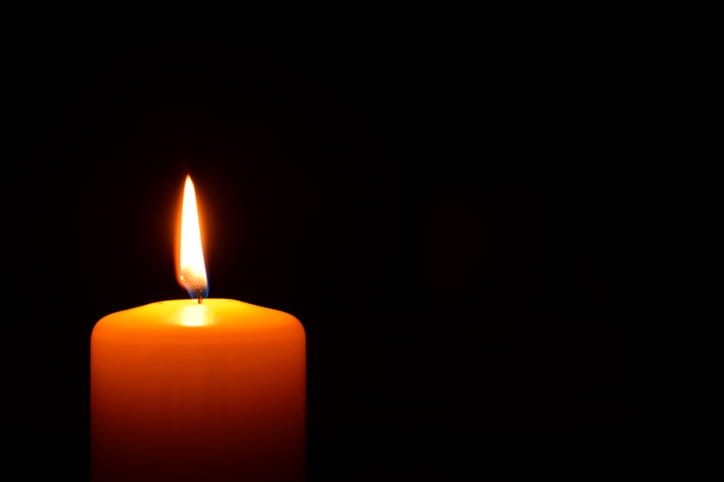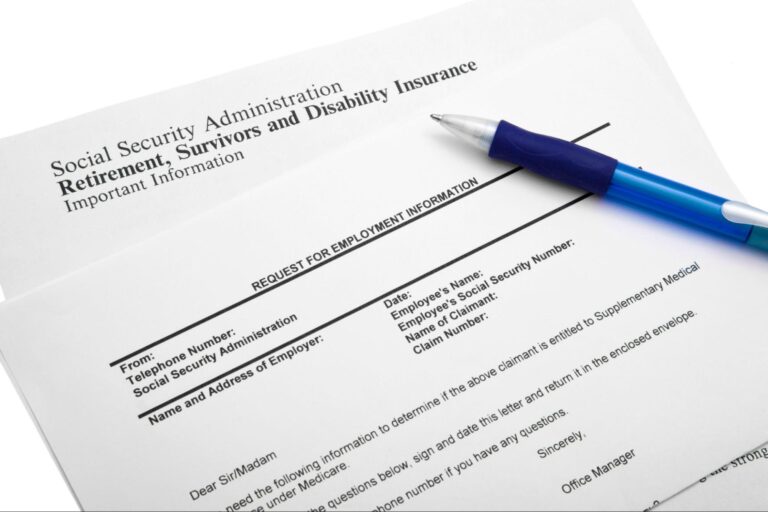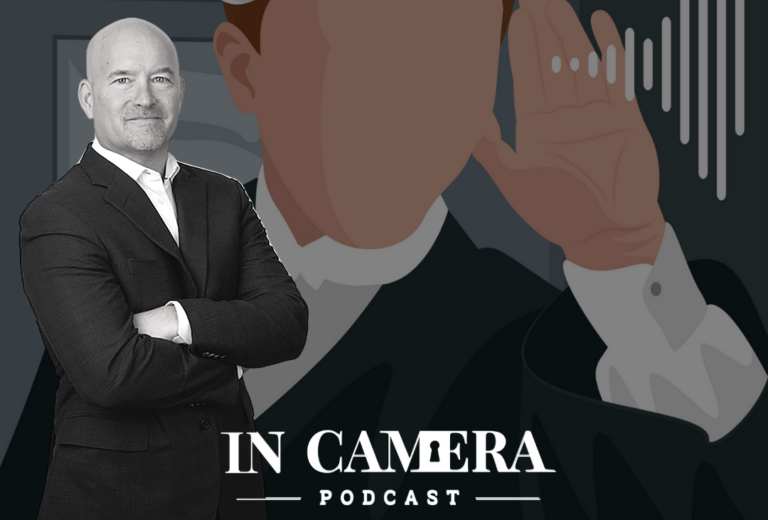Who Pays in a Wrongful Death Suit?

The unexpected loss of a loved one is often very devastating, leaving you and your family unsure of what to do next or how to proceed. When the loss occurs from the negligent actions of another party, the loss and grief are further compounded. Grieving your loss while undergoing the legal challenges of seeking justice can make it difficult to know who pays in a wrongful death suit.
Contact our wrongful death attorneys for assistance today.
Liability Determines Who Pays in a Wrongful Death Lawsuit
In a wrongful death lawsuit, liability determines who is responsible for the death of an individual and, ultimately, who pays damages to the surviving family members. Liability can be established through various factors, including negligence, intentional acts, or strict liability.
Once liability is established, the at-fault party and their insurance company usually pay damages in a wrongful death lawsuit. Consulting with an attorney experienced in wrongful death is vital to understanding how liability determines who pays in a wrongful death lawsuit.
Does Insurance Cover Wrongful Death?
There are certain situations where insurance can cover wrongful death compensation, including:
- Auto insurance: If a person dies as a result of an accident caused by another driver’s negligence, the at-fault driver’s auto insurance may cover damages in a wrongful death claim.
- Homeowner’s insurance: If someone dies on another person’s property due to negligence, their homeowner’s liability insurance might provide coverage
- Business insurance: If the death occurred at a business, their premises liability insurance would cover wrongful death.
- Medical malpractice insurance: In medical malpractice cases that lead to someone’s death, healthcare providers like doctors, nurses, or hospitals generally have professional liability insurance to cover damages.
- Product liability insurance: If a defective product causes someone’s death, manufacturers often have product liability insurance that could cover wrongful death claims.
When Must the Person Responsible Personally Pay?
In a wrongful death lawsuit, the person responsible may be required to personally pay damages in certain situations, such as:
- No insurance coverage: If the person at fault does not have insurance and they are financially solvent, they would be personally liable for paying damages in a wrongful death lawsuit.
- Insufficient insurance coverage: If the responsible party’s liability insurance coverage does not cover all the damages, they would have to pay the difference themselves.
- Punitive damages: In cases when the court determines the responsible party was grossly negligent, they may award compensation they would have to pay as punishment for their actions.
- Intentional acts: Certain intentional acts are not covered by insurance. Therefore, the person responsible can be required to pay compensation to the surviving family members.
What Types of Damages Can Be Recovered?
The compensation sought in a wrongful death suit is usually classified as economic damages or non-economic damages.
Economic Damages
Economic damages are a type of compensation awarded in wrongful death cases to compensate for the financial losses suffered by surviving family members. These damages provide monetary reimbursement for specific financial measurable losses, including:
- Loss of income: When the deceased was providing financial support from income from a job, current and future lost earnings can be awarded.
- Funeral and burial expenses: The cost of funeral services, burial plots, cremation fees, and related expenses can be significant. Surviving family members can receive compensation for these expenses from the responsible party.
- Medical expenses: When medical treatment was provided before the person’s passing, any medical bills incurred can be included as part of economic damages.
- Loss of benefits: If the deceased had employment-related benefits such as health insurance or a retirement plan, the surviving family is entitled to economic damages for these lost benefits.
Non-Economic Damages
Non-economic damages are another type of compensation that may be awarded in wrongful death cases. Unlike economic damages, non-economic damages are meant to compensate for the emotional losses experienced by family members from the untimely death of their loved one, such as:
- Pain and suffering: Pain and suffering includes monetary compensation for the physical pain and emotional suffering experienced by the deceased person and their family.
- Loss of companionship/consortium: Surviving spouses or partners often receive compensation for losing the love, support, affection, and companionship they would have continued experiencing had their loved one not died. Children can also recover damages for the loss of consortium with their deceased parents.
- Emotional distress: Damages may be awarded for mental anguish, grief, sorrow, anxiety, or depression suffered as a result of losing a loved one due to another’s negligence or intentional acts.
Who Can File a Wrongful Death Lawsuit?
In Colorado and other jurisdictions, the following individuals are typically eligible to file a wrongful death lawsuit:
- Surviving spouse/partner: The surviving spouse or partner of the deceased person is normally the primary individual to file a wrongful death claim.
- Children: The surviving spouse/partner can choose to add the deceased individual’s children to the lawsuit. If the surviving spouse/partner decides not to file a lawsuit, the children can. Children can also file a claim when there is no surviving spouse/partner.
- Parents: In cases where there is neither a surviving spouse nor any children, the parents of the deceased person may bring a wrongful death claim.
- Personal representative or executor: If none of the above-mentioned parties take action, then an appointed personal representative or executor of the deceased’s estate can pursue a wrongful death lawsuit on behalf of all eligible individuals entitled to recovery.
It is worth mentioning that under Colorado law and in many jurisdictions, stepchildren and adopted children have equal rights to bring forth wrongful death claims just like biological children.
How Can a Wrongful Death Attorney Help You?
A wrongful death attorney provides invaluable assistance and support during this complex and challenging time. It is normal to have many unanswered questions about what to do next and what the future will hold that further adds to your grief. Obtaining assistance from a wrongful death attorney can benefit you and your family in several ways, including:
- Allows you to grieve and begin healing: Instead of having to deal with the responsible party and their insurance company, you and your family have the time needed to start processing your grief and loss.
- Provides the support and guidance you need: Losing a loved one is an emotionally challenging experience. A compassionate wrongful death attorney understands this difficulty and provides support throughout the legal process. They offer guidance, answer questions about your rights, address concerns, and alleviate the burden associated with pursuing a wrongful death claim.
- Provides legal expertise: Wrongful death cases involve complex legal principles, statutes, and procedures. An experienced attorney is knowledgeable in these areas and understands how to build a strong case to ensure you are justly compensated.
- Accurate assessment of damages: No amount of money can replace the life of a loved one. However, determining fair compensation for economic and non-economic losses is vital to ensure you and your family are taken care of now and in the future. A skilled attorney knows how to assess damages accurately based on specific factors related to your case.
- Negotiations with the insurance company: The responsible party’s insurance company will want to settle claims quickly and for the least amount possible. They will also use tactics to attempt to limit their liability. Your wrongful death lawyer is aware of all the tricks and tactics they use to ensure you receive maximum compensation for your loss.
- Ensures you do not miss filing deadlines: There are filing deadlines in wrongful death suits and a statute of limitations. Your lawyer knows these and ensures all necessary paperwork is completed correctly, accurately, and on time.
- Litigating your case in court: Should a settlement not be reached, your attorney will litigate your case in court aggressively to potentially secure a verdict in your favor.
- Access to valuable resources: Our wrongful death attorneys provide access to a Victim Advocates team, who work outside our law firm to provide additional support and ensure you understand your rights throughout the entire process.
If You Have Lost a Loved One, Contact Bachus & Schanker Today

When you unexpectedly lose a loved one, get the legal support and advice you need from Bachus & Schanker and our Elite Litigation Group. Our experienced wrongful death attorneys are here to ensure you receive the compensation you deserve with the compassion and support you need during this difficult time. We are committed to guiding you through this difficult time. Additionally, Kyle Bachus went through a tragic loss personally, which he shares in his book, Unthinkable, so he knows firsthand what it is like when a loved one dies tragically.
Schedule a free consultation today.





